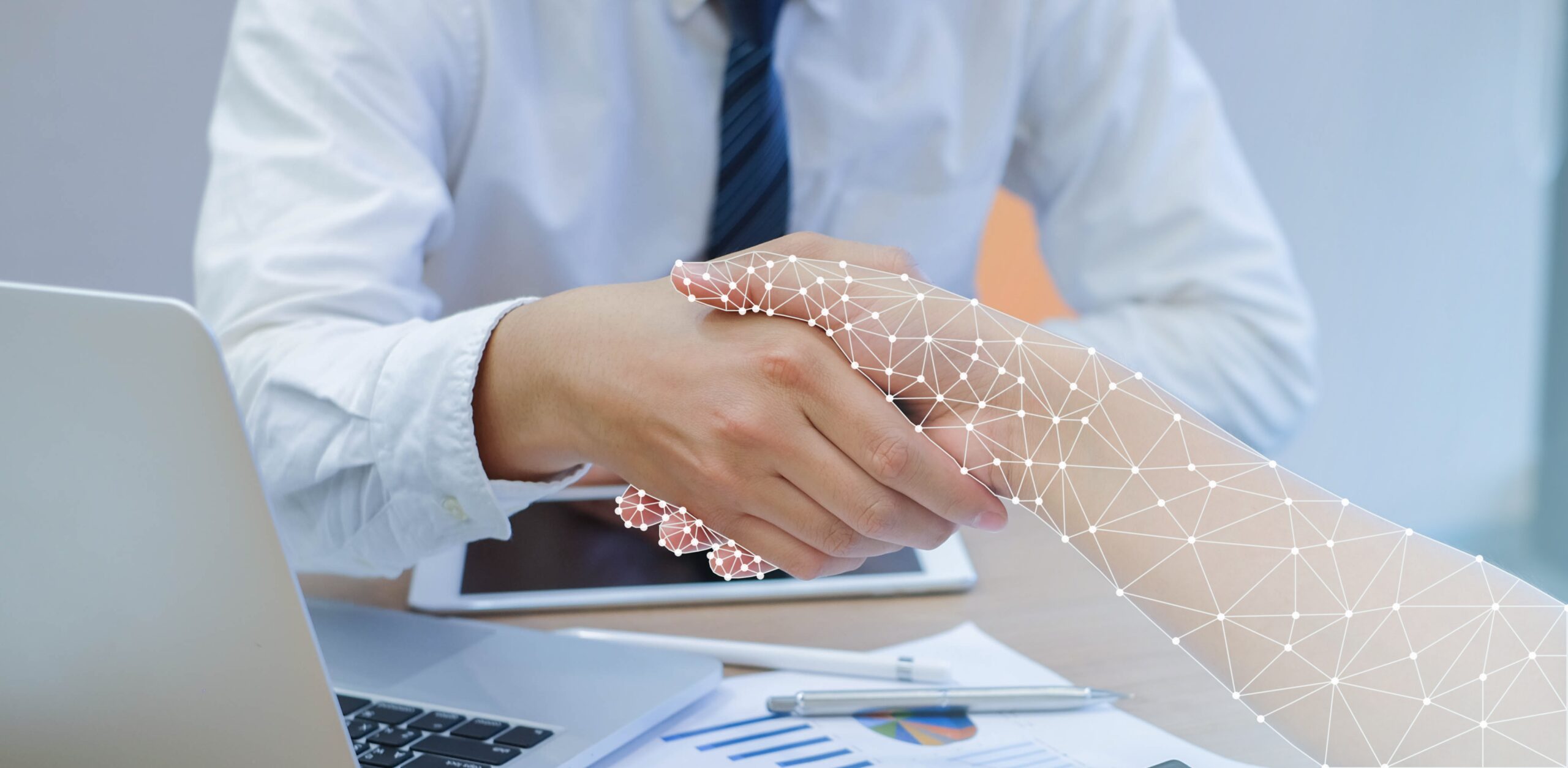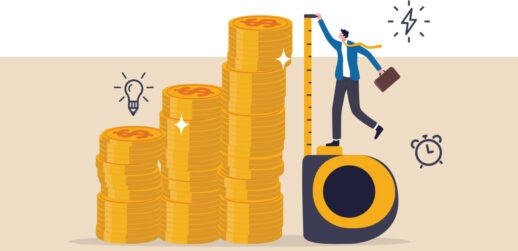Prof. James Jordan shares top stress-reduction tools
Event planning has been called the fifth most stressful job in the world. Today, as meetings resurge again and planners often must work with fewer resources and colleagues, burnout is real and ever-present.
Can AI become the antidote to what arguably could be called a mental health emergency, if not crisis, in our industry? Yes, I know. The news is full of scary stories about potential threats posed by AI–an existential threat, even to the entire world. And to many occupations, particularly “knowledge workers” like lawyers, doctors, and, gulp, writers.
Still, can AI’s benefits include relieving anxiety and helping you reduce stress and forestall symptoms of burnout?
For expert guidance, we turned to James F. Jordan, distinguished service professor of health care and biotechnology at Carnegie Mellon University’s Heinz College, as well as an executive coach specializing in healthcare, life sciences, medical devices, health-care IT and physician leaders.
Read More: Mental Health at Meetings: Engage Your Attendees with Wellness Activities
Not surprisingly, Jordan argues that any tool that can make your job easier will likely be good for your mental state. “The planning industry is all about the attention to detail. AI can help gather a ton of information, and it can allow you to change your plans in real-time,” he says. “Let’s say you have a bunch of specific dietary preferences or requirements—vegans or, more critically, diabetics or attendees with other health issues. If they change their schedule or seating, AI can still find them and adjust.”
He notes that such tools are still evolving and predicts that they will very soon become incorporated into more comprehensive software platforms.
Other AI-powered benefits, he continues, will likely make it much easier for you to expand your networks and grow your business, track attendee experience (in real time and in post-meeting feedback), and facilitate instant language translation, all of which could put your mind at greater ease. In fact, Jordan says data indicates AI can reduce the time necessary to accomplish such tasks by 15-40%.
AI Gear & Apps
But AI’s value in the personal health sphere goes beyond its potential to make it less nerve-wracking to deliver the best possible meeting experience. Jordan cites the example of a company called Apollo Neuroscience, born at the University of Pittsburgh. Over 75% of Americans report that chronic stress negatively impacts their health. Apollo Neuro’s pioneering products “calm the body and clear the mind through the sense of touch” by delivering gentle vibrations that are “scientifically validated to improve sleep and lower stress.” According to the company’s website, “This is also the very first wearable technology to use both predictive and generative AI to learn about a person’s stress levels and sleep quality to proactively improve sleep and support the body’s recovery from stress.”
Read More: Why AI Might Mean Salvation for the Meeting Industry
Five-star reviews are glowing: “I can tell that Apollo has begun to reprogram my brain and body to not be in constant fight-or-flight. It also has helped me stay present and ‘in the moment’ when I am in stressful situations.”
“AI’s value in the mental health sphere goes beyond its potential to make it less nerve-wracking to deliver the best possible meeting experience.”
Other AI-powered tech has already found fans in the “head space.” The Apollo offerings align with the growing category of cognitive behavioral therapy (CBT) apps that offer exercises for mood management, stress reduction, and other mental health issues. ChatGPT, for instance, is being used to screen for anxiety and depression, and diagnostic apps can gauge whether you meet the criteria for specific mental health diagnoses. Users can record how they’re feeling and respond to prompts about their moods with apps known as mood trackers and mood loggers.
More Mental Health Hacks
Harnessing the promise of AI is not the only way to boost mental health. Here are just a few tips recommended by experts.
During set-up and as your event is happening, designate a trusted colleague to cover for you during 10-15 minute “mental health breaks” at least once every six or so hours.
Stress is cumulative, so schedule at least one day after a live event to rest and reset your mind and spirit.
Don’t hesitate to take a “mental health day.” If you’re concerned about the reaction of coworkers or your supervisor, say you need the day off for personal reasons. Obviously, try to avoid a day that overstresses others or causes you to miss an important meeting or deadline. Give the time off some structure—a day spent in nature, for example—and avoid mindless activities like watching TV. Most important of all, unplug, stay present and remind yourself that you deserve this break.
This article appears in the January 2024 and January/February 2024 issues. You can subscribe to the magazine here.




